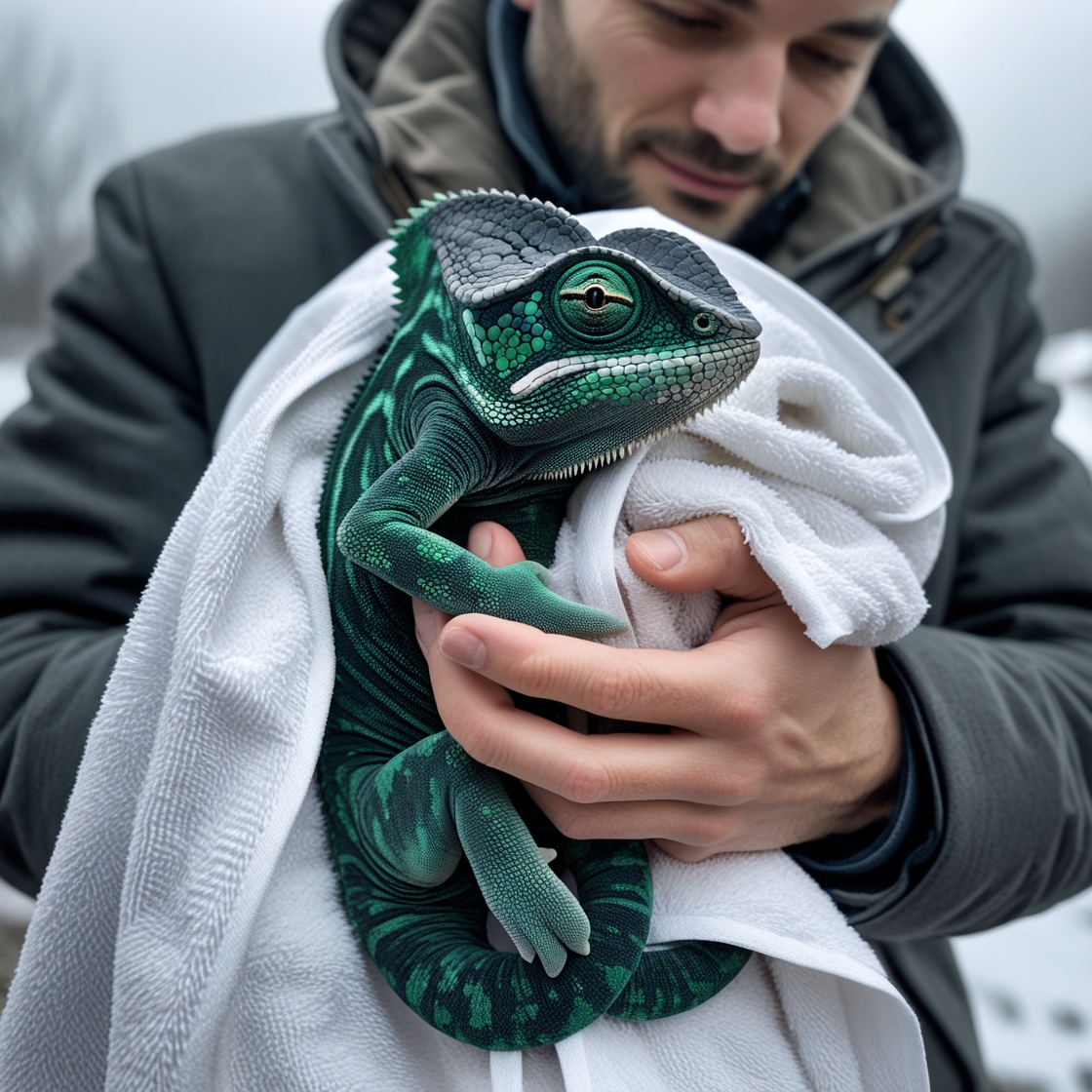Best Ways to Care for Pets in Cold Weather

Table of Contents
As winter approaches and temperatures drop, it becomes crucial for pet owners to take extra precautions to ensure their furry friends stay safe, healthy, and comfortable during the colder months. Just like humans, pets are susceptible to the harsh effects of cold weather, including frostbite, hypothermia, and discomfort caused by icy conditions. In this article, we will explore the best ways to care for your pets during cold weather, providing practical tips and strategies to keep them happy and protected.
Understanding the Impact of Cold Weather on Pets
Cold weather can pose significant risks to pets, especially those with short fur, small body sizes, or underlying health conditions. Prolonged exposure to freezing temperatures can lead to serious health issues such as:

- Hypothermia: A dangerous drop in body temperature that can cause lethargy, weakness, and even organ failure.
- Frostbite: Damage to skin and tissues due to extreme cold, commonly affecting ears, paws, and tails.
- Dehydration: Pets may drink less water in winter because of reduced activity levels, leading to dehydration despite the cold.
- Toxicity Risks: Antifreeze and salt used to melt ice can be toxic if ingested by curious animals.
It is essential to recognize these dangers and take proactive steps to safeguard your pets from the elements.

Best Ways to Care for Pets in Cold Weather
1. Provide Warm Shelter
Ensure your pet has access to a warm, dry, and draft-free shelter at all times. If your pet spends time outdoors, provide insulated bedding and consider using heated mats designed specifically for pets. For indoor pets, create cozy sleeping areas away from windows and doors where drafts might occur.
2. Limit Outdoor Time
While daily walks and exercise are important, limit the duration of outdoor activities during extremely cold weather. Pay attention to your pet’s tolerance for cold—some breeds, such as Siberian Huskies, thrive in colder climates, while others, like Chihuahuas, struggle in low temperatures.
3. Protect Their Paws
Icy sidewalks and roads treated with salt or chemicals can irritate your pet’s paws and cause cracks or burns. After each walk, wipe their paws with a damp cloth to remove any residue. Consider investing in booties to protect their feet from snow, ice, and harmful substances.
4. Keep Them Dry
Wet fur loses insulation properties quickly, making your pet more vulnerable to the cold. If your pet gets wet from rain, snow, or melting ice, thoroughly dry them with a towel or hairdryer set on low heat.
5. Adjust Their Diet
Pets burn more calories staying warm in cold weather, so you may need to adjust their diet accordingly. Consult your veterinarian to determine whether increasing their food intake is necessary. Ensure they always have access to fresh, unfrozen water, as dehydration can still occur in winter.
6. Dress Them Appropriately
For smaller dogs or breeds with thin coats, consider purchasing a waterproof jacket or sweater to help retain body heat during outdoor excursions. Avoid leaving clothing on pets unattended indoors, as it can become a choking hazard.
7. Prevent Toxic Exposure
Antifreeze and other chemical de-icers are highly toxic to pets if ingested. Store these products securely out of reach and clean up spills immediately. Opt for pet-safe de-icing alternatives whenever possible.
8. Monitor Senior and Sick Pets Closely
Older pets or those with pre-existing medical conditions, such as arthritis, may find it harder to cope with cold weather. Provide additional warmth and comfort, and consult your vet for advice tailored to their specific needs.
9. Check Under the Hood
During winter, stray cats and other small animals often seek warmth near car engines. Before starting your vehicle, bang on the hood or honk the horn to scare away any creatures hiding inside.
10. Stay Vigilant for Signs of Distress
Watch for signs of hypothermia or frostbite, such as shivering, lethargy, pale gums, or stiff movements. If you suspect your pet is suffering from cold-related issues, seek veterinary care promptly.

Additional Tips for Specific Pets
- Cats: Indoor cats should remain indoors during extreme cold. If your cat ventures outside, provide a warm bed near a heat source and ensure they have access to fresh water that won’t freeze.
- Birds: Birds are sensitive to temperature changes. Keep their cages away from drafty areas and cover them at night to maintain warmth.
- Reptiles: Reptiles rely on external heat sources to regulate their body temperature. Ensure their habitat remains adequately heated and humidified throughout the winter.

Conclusion
Caring for pets in cold weather requires thoughtful preparation and vigilance. By taking simple yet effective measures, such as providing warm shelter, protecting their paws, and monitoring their health closely, you can ensure your beloved companion stays safe and comfortable during the coldest months of the year. Remember, every pet is unique, so tailor your approach based on their breed, age, and individual needs. With proper care and attention, you and your pet can enjoy a happy and healthy winter season together.

